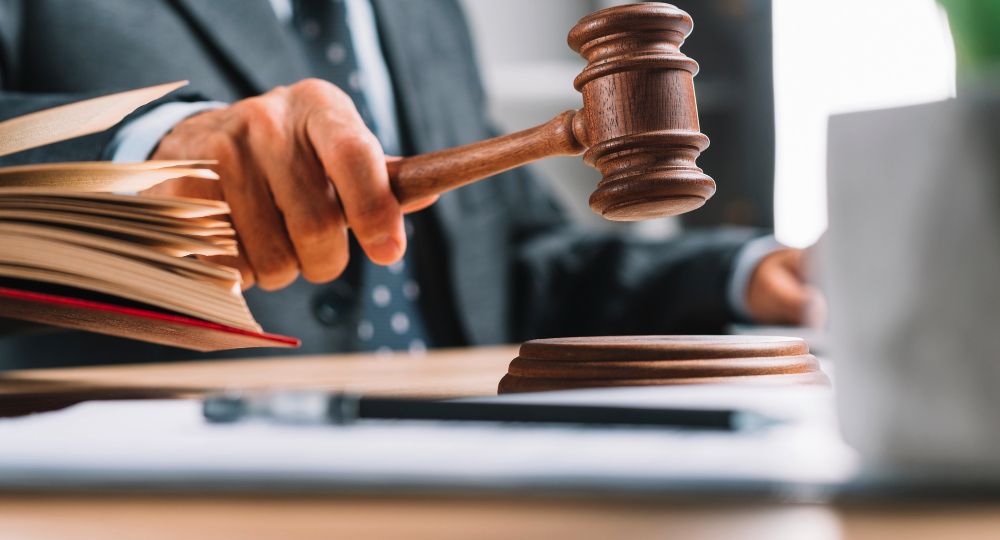In the United States, we owe formerly incarcerated people. This fact is abundantly clear when you evaluate the status quo. A person who completes their sentenced punishment after being found guilty has paid their debt to society. Unfortunately, laws across the country force formerly incarcerated people to continue to pay for their misconduct long after their release from the criminal legal system. These collateral consequences of incarceration are often unrelated to the person’s crime and dramatically hinder the reentry process. Cultural stigma, legal discrimination, and enhanced trauma describe the reality for hundreds of thousands of people in America because “free” society continues to make formerly incarcerated people pay. Hence, we owe them.
2021 April 08
Since August of 2020, the Movement Lawyering Clinic (“the Clinic”) at Howard University School of Law has observed bond hearings in Prince George’s County District Court. The impetus of this project came from reports and a lawsuit from Civil Rights Corps, alleging that PG County’s jail was overcrowded, unsanitary, at risk of a COVID-19 breakout, and teeming with pre-trial defendants, many who are charged with non-violent crimes.1 The Clinic decided to observe PG County bond hearings to determine the extent of pre-trial detention in the County, or more specifically, who was being put in pre-trial detention and why.



